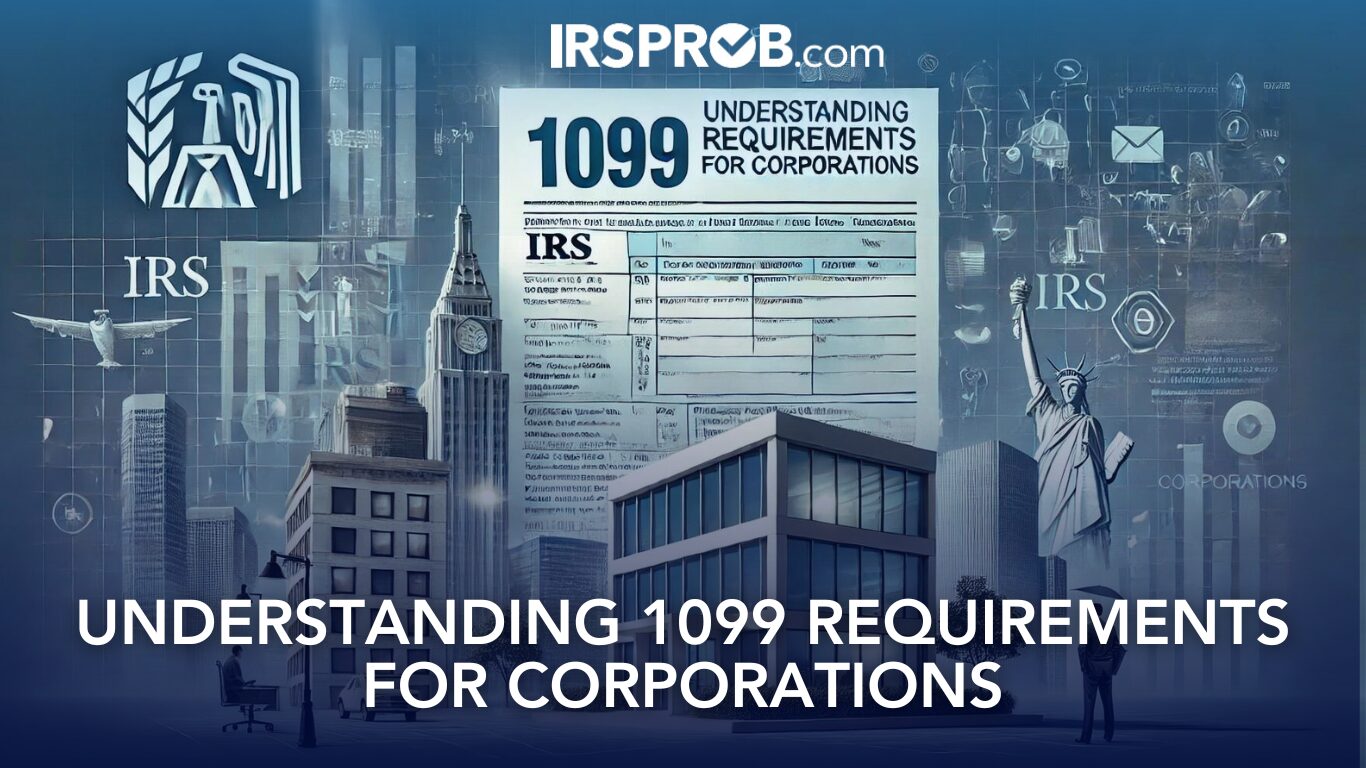
As a business owner, you may think that issuing a 1099 form is a task reserved for payments made to individual contractors or small businesses. However, recent regulations might surprise you. The rules surrounding 1099 forms have expanded, and understanding these changes is crucial for your compliance and to avoid potential penalties.
The Basics of 1099 Forms
Traditionally, when your business pays $600 or more to an individual or non-incorporated entity for services, you’re required to issue a Form 1099-NEC (Non-Employee Compensation) and file a copy with the IRS. This is a well-known requirement among business owners. But did you know that in some cases, you are also required to issue 1099 forms to certain corporations?
1099 Forms for Corporations: What’s New?
Under IRS regulations, certain corporations must also receive 1099 forms. This may be unexpected, but it is crucial to know when and how these rules apply:
- Legal Services: If your business pays a corporation that provides legal services, you must issue a Form 1099-NEC to report the fees paid for those services. This includes payments to attorneys operating as corporations, not just sole proprietors or partnerships.
- Medical and Health Services: Payments made to corporations providing medical or healthcare services, or those involved in billing and collecting payments for these services, must be reported using Form 1099-MISC. This includes incorporated medical practices and veterinary services.
- Veterinarian Services: Similarly, payments to incorporated veterinarians need to be reported if they exceed $600 per year, as they are also considered providers of medical and healthcare services.
- Specific Exemptions: While many corporations fall under these reporting requirements, there are important exemptions. For example, payments made to hospitals or extended care facilities that are tax-exempt under Section 501(c)(3), or those owned and operated by government entities, do not require 1099 reporting.
- Special Cases – Fish Purchases: Interestingly, payments made to corporations for the purchase of fish or other aquatic life for resale must be reported using Form 1099-MISC. This might not apply to most businesses but is an essential detail for those in specific industries.
Why This Matters
Failing to comply with these requirements can result in significant penalties from the IRS. The rules are complex, and it’s easy to overlook the need to issue a 1099 to a corporation, especially when the assumption is that 1099s are only for individuals or non-corporate entities.
What Should You Do?
Here’s a practical approach:
- Review Your Vendor List: Identify all vendors to whom your business has made payments of $600 or more within the year. Pay special attention to legal and medical service providers, and don’t forget to check if any of these vendors are incorporated.
- Issue the Correct Forms: Once you’ve identified these corporations, ensure that you issue the correct 1099 form—either 1099-NEC or 1099-MISC—based on the services provided.
- Consult a Tax Professional: Because the rules surrounding 1099 forms are detailed and can be confusing, it’s wise to consult with a tax professional to ensure that your business is fully compliant.
Conclusion
The expansion of 1099 requirements to certain corporations reflects the IRS’s increasing focus on ensuring that all income is properly reported. As a business owner, staying informed and proactive in complying with these rules is essential. By doing so, you not only avoid penalties but also ensure that your business practices are in line with the latest tax laws.
For more information on how these regulations might apply to your business and for assistance with tax planning, don’t hesitate to contact our team at IRSProb.com. We specialize in helping businesses navigate the complexities of tax compliance and maximize their tax efficiency.







